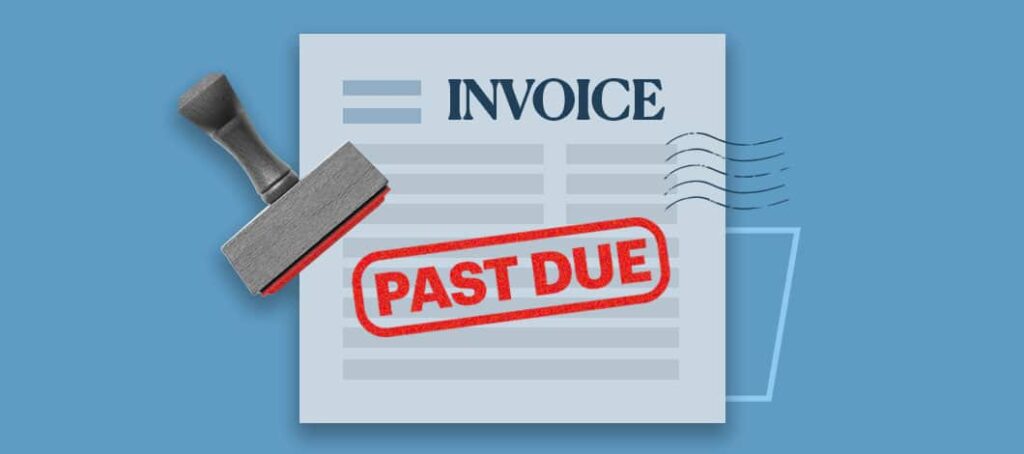Overdue Invoices and the Rise in Insolvency Figures

Insolvency figures were off the charts in England and Wales in March 2023. The latest data shows a 30% increase in companies going under with a rise in overdue invoices. It’s a rough time for businesses, particularly those in hospitality, retail, and travel. In the wake of COVID-19, the economy is still in chaos. Moreover, it’s not just the lockdowns that are causing problems. Supply chain disruptions and reduced consumer spending are also taking their toll.
Increased Costs
Even businesses that have access to government support are struggling. It’s tough to keep going when you’re dealing with reduced revenue and increased costs. But there are things companies can do to improve their chances of survival. Cutting costs, diversifying their revenue streams, and getting some professional help on managing their finances. It’s time to get proactive about cash flow, and start chasing those overdue invoices.
The rise in insolvencies is a worrying trend, particularly as it comes at a time when the UK economy is already facing significant challenges. The Bank of England has warned that the UK economy could contract by up to 10% this year, which would be the largest contraction in over 300 years. This highlights the scale of the economic challenge that the UK is facing, and the need for urgent action to support businesses and protect jobs.
The government also needs to step up and provide more support to the hardest-hit sectors. For example, they could expand the eligibility criteria for existing support schemes, and introduce new measures to keep businesses afloat. We need action, and we need it now.
Working Together
Let’s face it, this is a tough time for everyone. But we need to work together to get through this. Companies need to stay sharp, and keep thinking about ways to keep their heads above water. Cutting costs might be painful, but it’s better than going under. Don’t forget about cash flow either. It’s important to stay on top of your overdue invoices, and start chasing those payments. Every little bit helps, right?
Let’s not forget about the government, as they have a significant role to play in this too. In fact, we need more support for struggling businesses, especially those in the hardest-hit sectors. It’s not enough to simply have access to support schemes; they need to be expanded to help more companies So, to sum up, insolvency is on the rise, but companies can still take steps to stay afloat. It’s a tough time, but by being proactive and seeking help, businesses can improve their chances of survival. Let’s work together to get through this! If you have overdue invoices, give us a call now on 020 7504 1300.
Understanding the winding up petition: A crucial tool
In the world of insolvency, a winding up petition holds significant importance. When a company has received a statutory demand (SD) and fails to raise…
Read MoreUrgent Call to Action: Have You Invested in Beech Holdings (Manchester) Ltd?
If you or anyone you know has invested in Beech Holdings (Manchester) Ltd, it’s time to take action immediately and get in touch. The Situation…
Read MoreBankruptcy Annulment: A Fresh Start for Financial Recovery
Bankruptcy is often viewed as a last resort for individuals overwhelmed by debt, offering a path to financial relief but also leaving a significant mark…
Read MoreCastle Trust and Management Services Ltd- The Big Problem for the Gibraltar Financial Services Commission
The collapse of Castle Trust and Management Services Ltd (CTMS) has raised serious questions aboutthe role and effectiveness of the Gibraltar Financial Services Commission (GFSC)…
Read More



